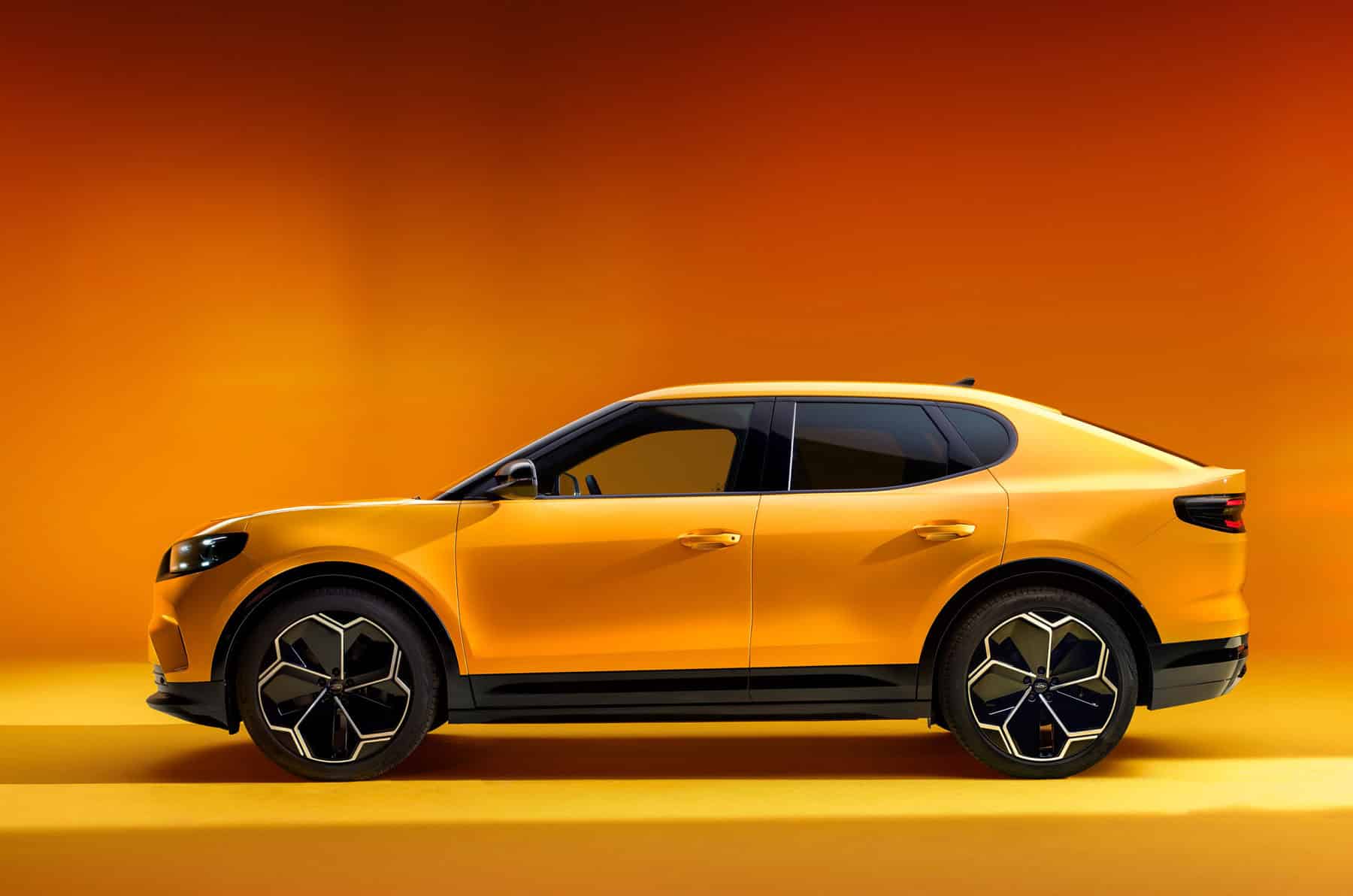
Parking, maintaining speed or braking, for some time all this and more has been achieved by modern cars without the need for a driver. However, a few more years will need to pass before vehicles will be able to move independently on roads. Despite the fact that autonomous driving is already being tested on an increasing number of routes. An example of this is the current trials with an autonomous bus on a stretch of the Straße des 17. Juni in Berlin.
There is still plenty of work to be done on the technology and infrastructure before self-driving cars can become part of everyday life on roads. Yet motorists’ acceptance of autonomous driving definitely needs to evolve as well. Nevertheless, there is a positive trend towards people giving up control and relying on technology. In a study commissioned by the German automobile association ADAC in 2018, 45 % of respondents were still opposed to self-driving cars. The main reason for this was a lack of confidence in the reliability of vehicle technology or the fear of hackers.
Since then, these figures have changed somewhat, as a recent study commissioned by the software company ANSYS has revealed. ANSYS is a company that produces simulation software for testing autonomous vehicles. As part of the study, 22,000 people from around the world (Benelux, China, France, Germany, India, Italy, Japan, Spain, Sweden, Great Britain, USA) were interviewed about their attitudes and expectations regarding autonomous driving and flight. The results of the study were published in October 2019 in the ANSYS Global Autonomous Vehicle Report and also show the varying opinions in detail between age groups and markets.

Younger people are more open to autonomous cars than their elders
A total of 77% of respondents stated that they would like to use an autonomous car – just not straight away. Only 14% of all respondents would be willing to do so right now. Whereas 50% would within the next five years. However, 23% are not at all comfortable with the idea of ever getting into a self-driving car. In Germany, 74% of people would let their car be in control at some point in their lives. But the top performers in the survey were the Indians. Of those interviewed, 94% would actually like to be able to use autonomous driving vehicles during the next few years. Whereas the British were lowest in the list, with just 57%.
It was more or less expected that the younger generation would be more open to autonomous travel than older people. Among the 18 to 24 and 25 to 34 year olds, respectively 87% and 88% would drive a self-driving car in the next few years. Respectively, just 14% and 12% rejected it outright. By contrast, the 65+ generation was quite different. Only 23% were in favour of autonomous driving, 43% even said they never wanted to drive in an autonomous car.

Safety concerns
The reasons that many people would rather continue to have control over their car themselves are similar to those given in the 2018 ADAC survey. 59% of respondents feared a technology failure that could lead to an accident. The second biggest concern, accounting for 42%, was the fear of hackers. Third place, at 35%, was the possibility of other drivers colliding with an autonomous car on the road. A quarter of the respondents said that they enjoy driving and would miss it.
It has been established that human error is the main cause of 90% of all road accidents. Yet when asked if they believed that they were better drivers than autonomous cars, 67% of the respondents said that they were. Nonetheless, 38% assumed that autonomous technology would improve to the point where it would surpass the driving abilities of human beings within the next ten years. 13% believed that autonomous cars are already better drivers than humans. In Japan, people seem to have a bit more confidence in the new technology than the global average. Over there, 62% see human beings as better drivers, with 45% believing that this will change in the next ten years and that autonomous technology will improve.

Premium cars more trustworthy
On the basis of these results, the researchers stated in the study that manufacturers are obliged to prove that people’s fears of autonomous vehicles are unfounded. Simulation plays an important role in this, they say. Incidentally, 24% of respondents believed that luxury and premium car manufacturers such as Mercedes, Audi, BMW and Porsche would produce the safest and most reliable autonomous cars. 20% believed that technology companies such as Tesla, Google, Uber or Dyson would eventually start selling autonomous cars.
And how will people pass the time in their autonomous cars when they are merely passengers? Almost a third (32%) of respondents said that they would most likely read a book. Another 30% would watch movies or listen to music, 19% would work or write emails, 15% would eat or drink.
Autonomous cars were the second most popular means of autonomous transport in this survey. 37% of respondents said that they would probably use them. First place went to autonomous trains with a total of 51%. Autonomous planes got 9% of the vote and autonomous boats received 3%.
Part two of the study on autonomous flight will follow on 11 October 2019.








